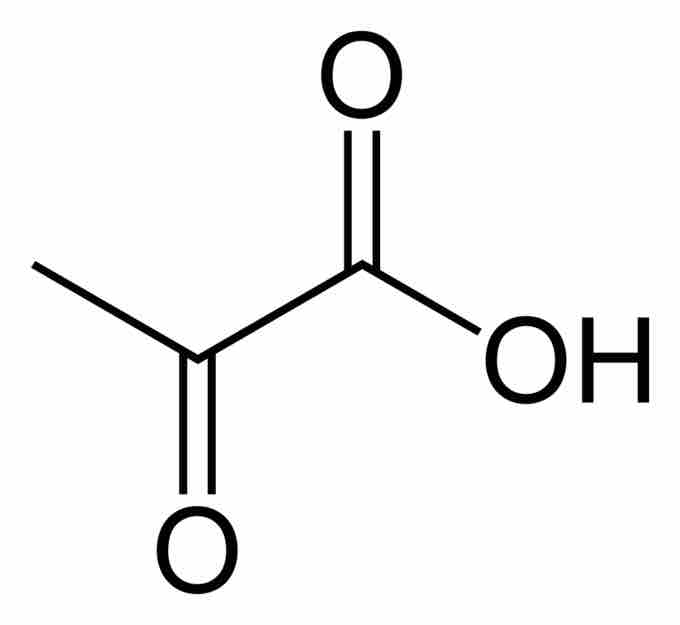Fermentation is the process of extracting energy from the oxidation of organic compounds, such as carbohydrates, using an endogenous electron acceptor, which is usually an organic compound. In contrast, respiration is where electrons are donated to an exogenous electron acceptor, such as oxygen, via an electron transport chain. Fermentation is important in anaerobic conditions when there is no oxidative phosphorylation to maintain the production of ATP (adenosine triphosphate) by glycolysis.
During fermentation, pyruvate is metabolised to various compounds. Homolactic fermentation is the production of lactic acid from pyruvate; alcoholic fermentation is the conversion of pyruvate into ethanol and carbon dioxide; and heterolactic fermentation is the production of lactic acid as well as other acids and alcohols. Fermentation does not necessarily have to be carried out in an anaerobic environment. For example, even in the presence of abundant oxygen, yeast cells greatly prefer fermentation to oxidative phosphorylation, as long as sugars are readily available for consumption (a phenomenon known as the Crabtree effect). The antibiotic activity of Hops also inhibits aerobic metabolism in Yeast.

Pyruvic acid
Pyruvic acid can be made from glucose through glycolysis, converted back to carbohydrates (such as glucose) via gluconeogenesis, or to fatty acids through acetyl-CoA. It can also be used to construct the amino acid alanine and be converted into ethanol. Pyruvic acid supplies energy to living cells through the citric acid cycle (also known as the Krebs cycle) when oxygen is present (aerobic respiration), and alternatively ferments to produce lactic acid when oxygen is lacking (fermentation).
Sugars are the most common substrate of fermentation, and typical examples of fermentation products are ethanol, lactic acid, lactose, and hydrogen. However, more exotic compounds can be produced by fermentation, such as butyric acid and acetone. Yeast carries out fermentation in the production of ethanol in beers, wines, and other alcoholic drinks, along with the production of large quantities of carbon dioxide. Fermentation occurs in mammalian muscle during periods of intense exercise where oxygen supply becomes limited, resulting in the creation of lactic acid.